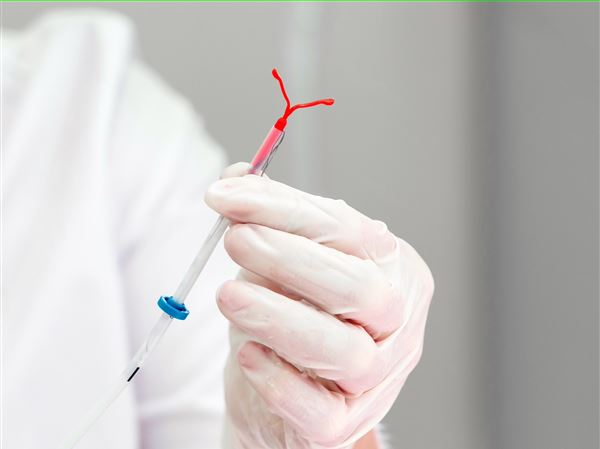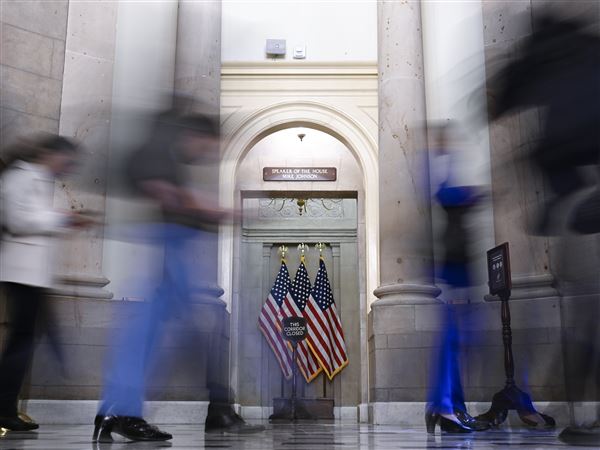Chatham College yesterday became the latest school to make SAT and ACT exams optional, calling standardized admission tests weak predictors of campus performance that often miss traits like ingenuity and leadership.
In making the announcement, the women's college with 1,400 students entered a sharp national debate over the value of exams that for decades of students have been a mandatory, if maligned, gauge of college readiness.
In lieu of the tests, Chatham applicants will be able to submit graded test papers and a portfolio of accomplishments such as art work, essays and descriptions of activities undertaken while in high school, college officials said. Those submissions, along with high school transcripts and letters of recommendation, will be considered for admission.
Chatham President Esther Barazzone said her school educates students as individuals and, thus, should not rely on such an arbitrary admission tool. "Although standardized tests are good, but limited, indicators of verbal and math skills, there are other qualities -- like leadership and out-of-the-box thinking -- that a multiple-choice test cannot predict," she said in an e-mail to the campus announcing the decision.
Michael Poll, the school's vice president for admissions, said passion and creativity aren't easily ascertained, even by a timed essay.
FairTest, a Cambridge, Mass., group critical of standardized testing, says more than 700 of 2,700 accredited four-year colleges nationwide, including for-profit institutions, have made the exams optional for all or a substantial number of their students. A list kept by the group contains some highly selective schools -- Bates and Bowdoin colleges in Maine among them -- but also less-selective and non-selective schools.
The FairTest list includes nearly two dozen schools in Pennsylvania, among them Seton Hill University in Greensburg.
Robert Schaeffer, the group's public education director, said the SAT is biased racially and by gender and feeds a fixation among families and students over test results. He said it gives an unfair advantage to those who can afford test preparation.
"There's no way an admissions office can look at a test score and know if it's the work of a student who took the test cold, or after an $800 coaching course or spending months with a $5,000 tutor," he said.
Chiara Coletti, a spokeswoman for the College Board, owners of the SAT, questioned the FairTest data and said the list includes schools that have only one program in which test scores are not required. About 2.3 million students take the SAT, a figure she said has been rising.
"Very few highly selective colleges have made the SAT optional," she said.
Dr. Barazzone said the intent was not to lessen requirements. For instance, she said Chatham's students have mid-range SAT scores of 980 to 1,200 out of a possible 1,600, meaning 25 percent fall either above or below those figures. "Our students do very well on the SAT. It's not as if we're scraping the bottom," she said.
According to U.S. Department of Education data, Chatham in fall 2004 accepted 62 percent of its 469 undergraduate applicants.
The new optional policy may encourage more applicant interest from groups including disadvantaged and international students, but Dr. Barazzone said the move had less to do with volume of applicants than an academic principle. "I think we're sending a message that ... we're interested in the whole student."
Chatham says the policy change takes effect with the current recruiting season, even though a number of students applied and were admitted while the test was still a requirement.
First Published: November 18, 2005, 5:00 a.m.















